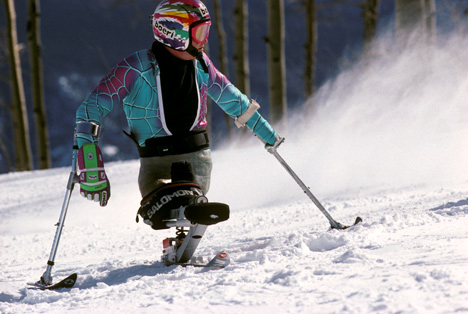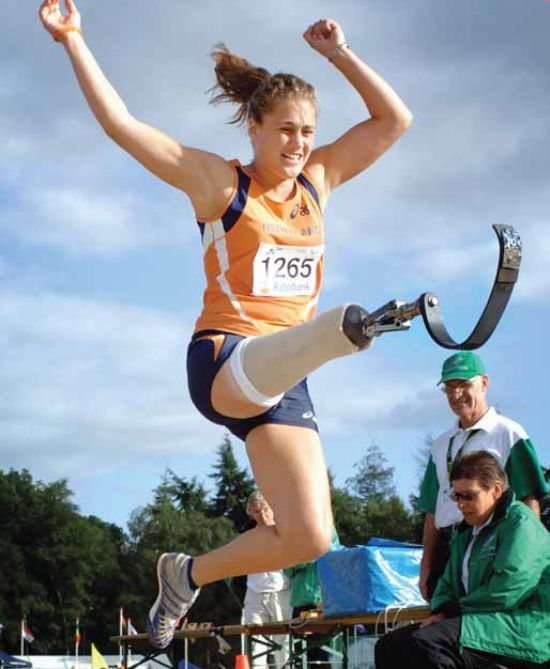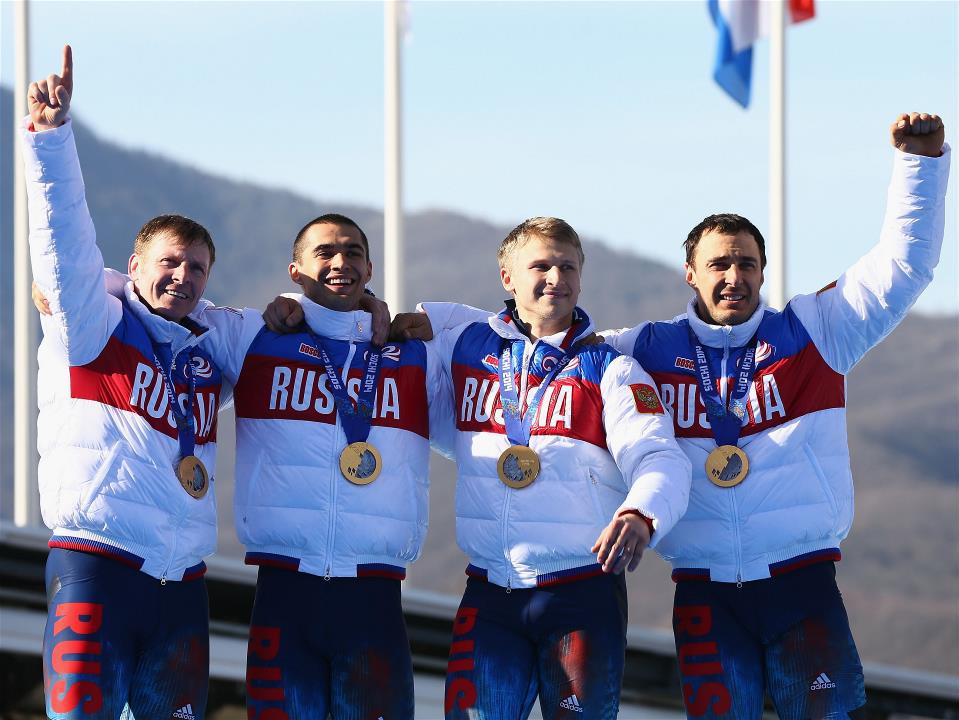Ethical IssuesThe progressive growth of technological materials in sports equipment raises many questions regarding ethics. As noted in the examples on the Home Page of this site there have been several dramatic changes in materials and structures of equipment. This development is evident in almost every piece of equipment ever created. In some cases these advancements are made to prevent injuries such as the hockey equipment (see home page). Other equipment is designed to better performance. It is mainly the performance enhancing equipment that raises ethical concerns. Many people agree that advancements should be made to sports equipment. However, this raises many issues with regards to competition. If an athlete can afford better equipment it can improve their performance. This gives them an unfair advantage over the player who can not. Some changes have been made to enforce fair play with in elite sports. The Olympics band disk wheels on bikes because they were too expensive and most competitors could not pay for them. Another example is the javelin. A new lighter design was introduced that increased the distance of the throw. This was a positive improvement until it started endangering spectators with the extra distance. There was then a weight specification enforce in the Olympics and other competitions that causes the world record to drop by 20 meters. This took place in 1986. However this type of rule is not put in place for all events(Froes, 1997).
There is no conclusive answer to state wether advances are fair. Safety and disabilities are two important reasons to continue the advancements but, the conflicting cost and performance enhancements are more questionable. | Some questions one may ask...“Does enhancing performance through equipment undermined natural human ability?” “Where should the line between ethical and non-ethical advancements be drawn?” “Should the creators of these new equipments be thinking about ethics while making the advancements? or as engineers should they have no limits?” “Does the advancement change how the game is played?” “Will cost of the better equipment decide who is the better player?” “Should there be a limit for competitive sports equipment?” “Just because we can, should we?” DisabilitiesThere have however been many advances in sports equipment that are made for other purposes hen just to make an athlete faster, stronger or to have more endurance. Scientists have invented solar power bikes, biodegradable golf balls and equipment that helps athletes play with disabilities. If it were not for modified equipment athletes like German alpine ski racer medalist, Reinhild Moller, who lost half her leg when she was young, would not be able to enjoy the sport. Ringing soccer calls have been developed for blind athletes. Prosthetic limb extensions have been made so that athletes can run like individuals with legs and feet. Sports equipment for the disabled is probably the most valuable advancements that could made as it gets more people active.   |
